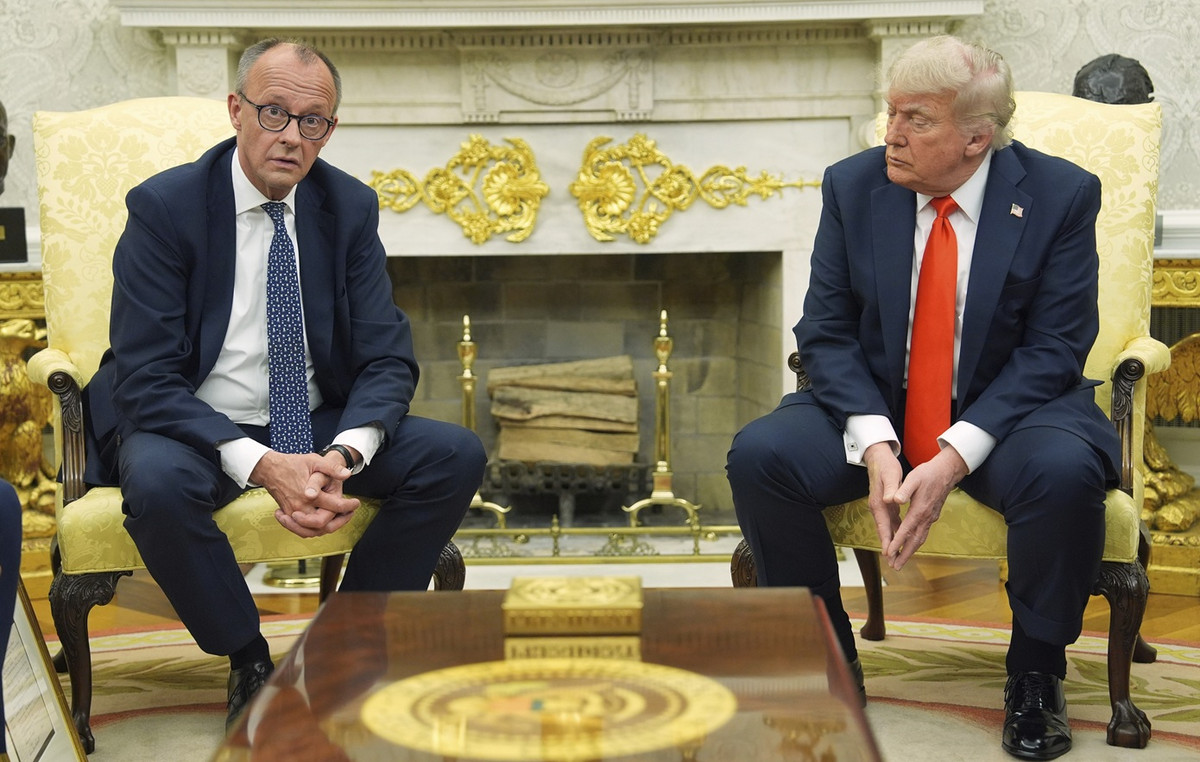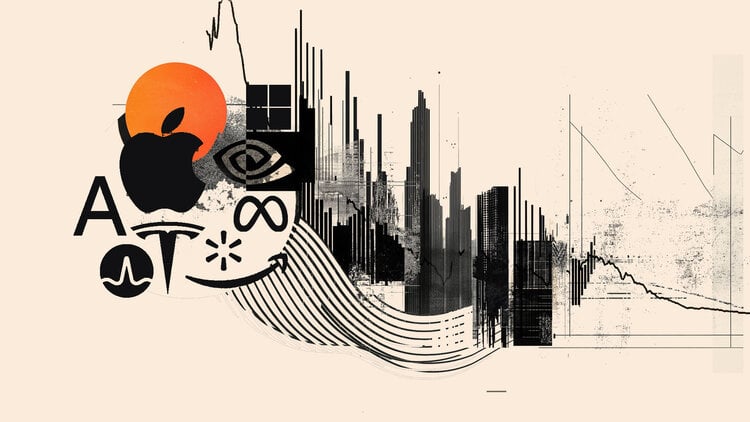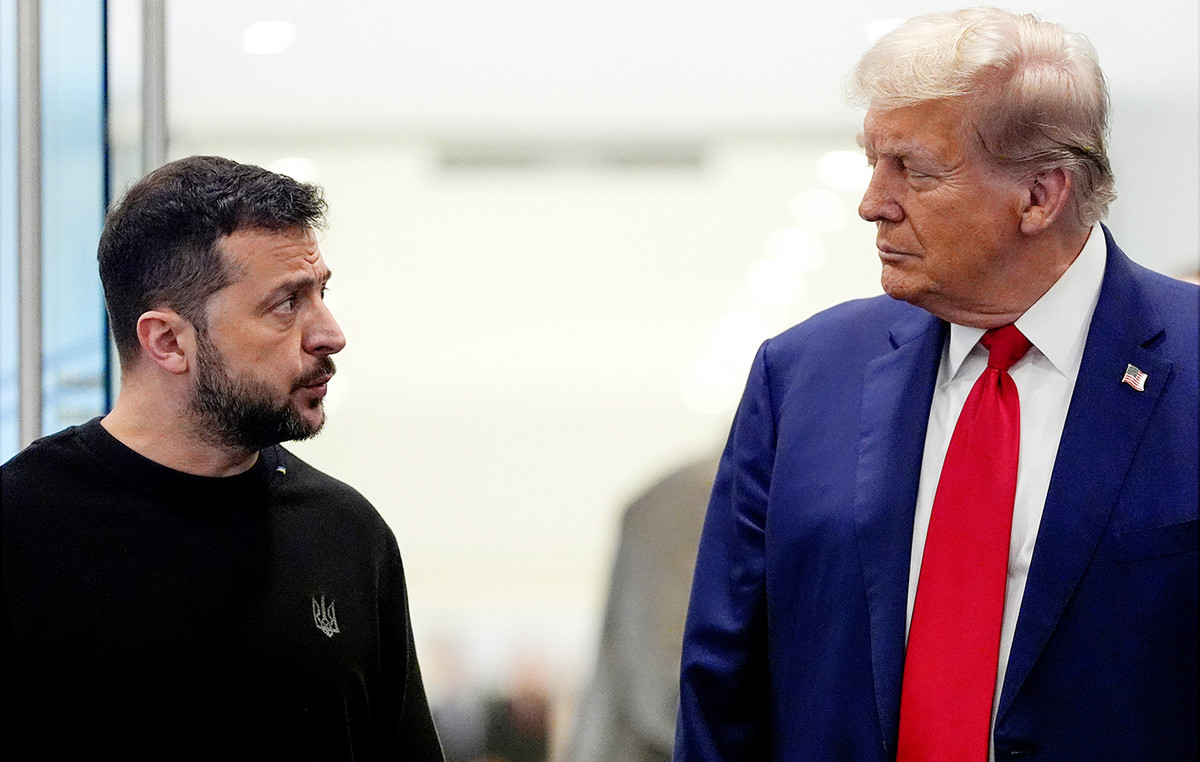With prices frozen by Petrobras for more than two months (the last adjustment was on March 11), gasoline has become the new point of tension between the state’s board and the government.
On the one hand, the President of the Republic, Jair Bolsonaro, has resorted to layoffs to mark his discontent with the price of fuel. On the other hand, shareholders feel harmed by the delay in the company’s readjustments, which has an impact on results.
According to calculations by Abicom, an association that brings together small and medium fuel importers, the gap between gasoline prices in the domestic market in relation to the international market reaches 20%.
“In fact, we again see a lag in the price of gasoline after the March readjustment left prices equalized. In April, there was even a potential for a price reduction of around 6%, with the appreciation of the real. But now the dollar has gone up again and the lag is back”, explains analyst at Ativa Investimentos Ilan Arbetman.
In the case of diesel, the increase of 8.9% on May 9th attenuated the lag in relation to international prices and reduced the risk of shortages of the product in the Brazilian market, which depends on around 25% of imports.
If domestic prices do not follow the international market, importers do not bring the fuel, and the country may run out of diesel.
As for gasoline, there is less dependence on imports, as national refineries supply 97% of the market. But if Petrobras decided to pass on the entire lag in relation to the foreign market, the increase would be on the order of R$ 1 per liter, according to Abicom.
“The pressure is very strong on the part of the government and I find it difficult to make an adjustment in the coming days, but it should”, says the president of Abicom, Sergio Araújo.
According to him, in some Brazilian ports, this gap reaches 22%. The last increase, in March, was 18.7%. Shortly thereafter, the second president of Petrobras under Jair Bolsonaro, General Joaquim Silva e Luna, was fired by the president.
Parity
The decision to equate domestic and foreign prices is not so simple, according to the energy specialist and professor at the Energy Institute at PUC-Rio Edmar Almeida. President Jair Bolsonaro has insisted on criticizing the company at the slightest sign of a readjustment, and blames the billionaire profits of the state-owned company for the rise in fuel.
In fact, prices follow a formula that takes into account the price of oil on the international market, the exchange rate variation and the costs that importers would have to bring the fuel into the country, as freight.
In Almeida’s opinion, price adjustments are necessary, and if they are not carried out with some regularity, Petrobras may be questioned in court by its shareholders, especially if there is a suspicion of interference by the government. The state-owned company may not even carry out the readjustments, but it needs to explain the reasons, he informs.
“You can’t make public policy with shareholders’ money. She (Petrobras) has no choice. It’s no use changing president or minister. The adjustments are not a choice of the board, there are internal rules of the company and of the Securities and Exchange Commission (CVM) and, if they are not followed, they need to be explained”, says Almeida, referring to the resignation of two presidents of Petrobras after increases in prices.
The expert explains that despite the high volatility of the oil market, intensified by the war between Russia and Ukraine, Petrobras is a publicly traded company and cannot subsidize the price to help the government reduce inflation.
“There’s a gray area in this story, but if it turns out that it’s government interference, the courts can be called, because it’s a loss for shareholders, and that would be a great strain,” he said.
According to Almeida, to change Petrobras’ pricing policy, stipulated in 2016 by former company president Pedro Parente, a new law would be necessary. “It is not with political will that you change, you have to pass laws. Bolsonaro tries from the beginning to do something and he is unable to do so, it is necessary to change the law”, he evaluates.
Source: CNN Brasil
I am Sophia william, author of World Stock Market. I have a degree in journalism from the University of Missouri and I have worked as a reporter for several news websites. I have a passion for writing and informing people about the latest news and events happening in the world. I strive to be accurate and unbiased in my reporting, and I hope to provide readers with valuable information that they can use to make informed decisions.







